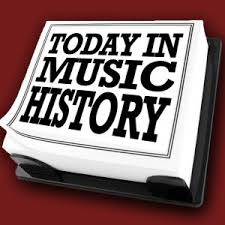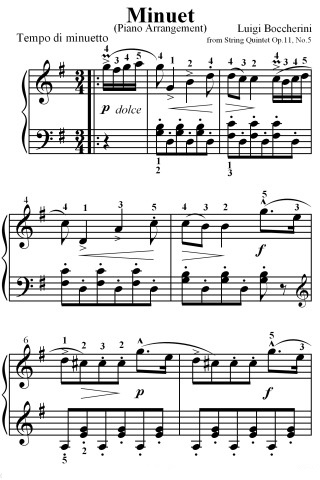“The future of our nation depends on providing our children with a complete education that includes music.”
– Gerald Ford
“The future belongs to young people with an education and the imagination to create.”
–Barack Obama
“The Arts and Sciences, essential to the prosperity of the State and to the ornament of human life, have a primary claim to the encouragement of every lover of his country and mankind.”
–George Washington
“I must study politics and war, that my sons may study mathematics and philosophy…in order to give their children the right to study painting, poetry, music and architecture.”
–John Q. Adams
“Aeschylus and Plato are remembered today long after the triumphs of Imperial Athens are gone. Dante outlived the ambitions of thirteenth century Florence. Goethe stands serenely above the politics of Germany, and I am certain that after the dust of centuries has passed over cities, we too will be remembered not for victories or defeats in battle or in politics, but for our contribution to the human spirit.”
–John F. Kennedy
“Music education opens doors that help children pass from school into the world around them – a world of work, culture, intellectual activity, and human involvement. The future of our nation depends on providing our children with a complete education that includes music.”
– Gerald Ford
“Music is about communication, creativity, and cooperation, and by studying music in schools, students have the opportunity to build on these skills, enrich their lives, and experience the world from a new perspective.”
– Bill Clinton
“Education is not the means of showing people how to get what they want. Education is an exercise by means of which enough men, it is hoped, will learn to want what is worth having.”
– Ronald Reagan
Music “brings us together, helping us reflect upon who we are, where we have come from, and what lies ahead.” The Arts and Music transcend “languages, cultures, and borders.” … “exchange ideas and styles and share in the artistic vibrancy born from diverse experiences and traditions.
– President Obama in a 2010 message to the World Choir Games in Shaoxing, China
Millions of Americans earn a living in the arts and humanities, and the non-profit and for-profit arts industries are important parts of both our cultural heritage and our economy…. We must recognize the contributions of the arts and humanities not only by supporting the artists of today, but also by giving opportunities to the creative thinkers of tomorrow. Educators across our country are opening young -minds, fostering innovation, and developing imaginations through arts education.
– White House Proclamation, National Arts and Humanities Month 2014
“In a lot of the poorest countries we’re trying to help, the level of violence is a continuous undercurrent…There’s an enormous amount of evidence that giving people an opportunity for creative expression improves their ability to learn in school and increases their ability and desire to navigate life in a positive rather than a negative way.” Music “taught me discipline and teamwork on the one hand and the importance of creativity.”
The THEA Foundation in Arkansas has proved the merits of including art instruction in the schools.
Clinton said:
“Every place they’ve done this program, you see a reduction in the dropout rate and an increase in the academic performance of the young people. Having strong arts instruction supports learning in a very substantial way.”
-Bill Clinton in an interview with Patrick Cole at the 2011 Clinton Global Initiative
Adapted from http://www.nafme.org/the-most-musical-united-states-presidents/



